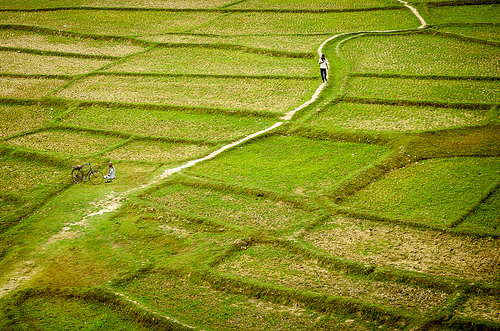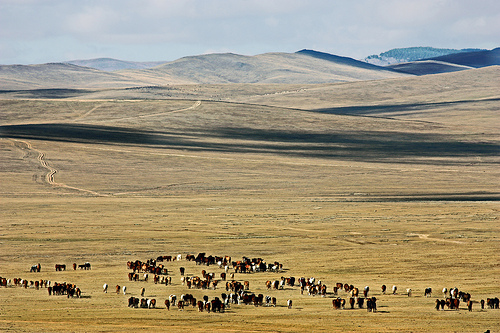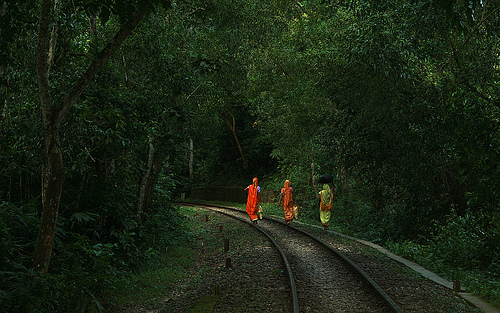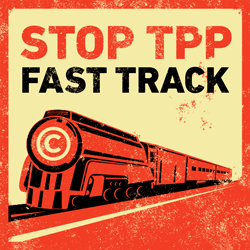CC Signs Bouchout Declaration for Open Biodiversity
vendredi 11 juillet 2014 à 16:18 CC is supporting the Bouchout Declration for Open Biodiversity Knowledge Management by becoming a signatory. The Declaration’s objective is to help make biodiversity data openly available to everyone around the world. It offers the biodiversity community a way to demonstrate their commitment to open science, one of the fundamental components of CC’s vision for an open and participatory internet.
CC is supporting the Bouchout Declration for Open Biodiversity Knowledge Management by becoming a signatory. The Declaration’s objective is to help make biodiversity data openly available to everyone around the world. It offers the biodiversity community a way to demonstrate their commitment to open science, one of the fundamental components of CC’s vision for an open and participatory internet.
In April 2013 CC participated in a workshop on Names attribution, rights, and licensing convened by the Global Names Project which led to a report titled Scientific names of organisms: attribution, rights, and licensing that concluded:
“There are no copyright impediments to the sharing of names and related data. The system must reward those who make the contributions upon which we rely. Building an attribution system remains one of the more urgent challenges that we need to address together.”
Many of the attendees of the workshop and of the report cited above are among those who met in June in Meise, Belgium and released the Bouchout Declaration.

Donat Agosti introducing the Bouchout Declaration at the OpenDataWeek, RMLL, Miontpellier, France, July 11, 2014. Photo by P. Kishor released under CC0 Public Domain Dedication
The declaration calls for free and open use of digital resources about biodiversity and associated access services and exhorts the use of licenses or waivers that grant or allow all users a free, irrevocable, world-wide, right to copy, use, distribute, transmit and display the work publicly as well as to build on the work and to make derivative works, subject to proper attribution consistent with community practices, while recognizing that providers may develop commercial products with more restrictive licensing. This is not only aligned with the vision of CC itself, CC is also the creator and steward of the legal and technical infrastructure that allows open licensing of content.
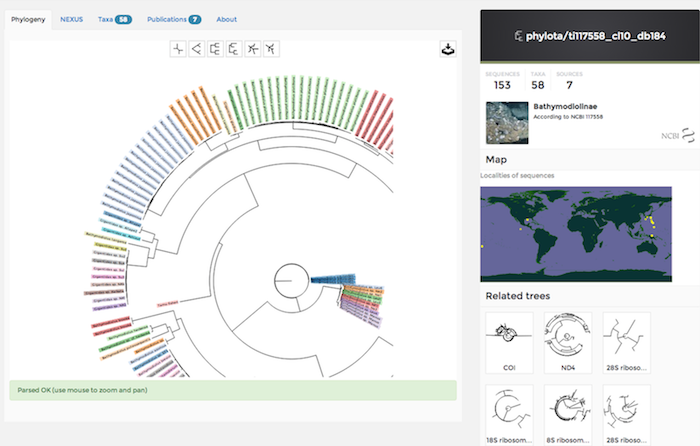
Screenshot of phylogeny from PhyLoTA as displayed in BioNames. The user can zoom in and out and pan, as well as change the layout of the tree from BioNames: linking taxonomy, texts, and trees by Roderick D. M. Page used under a CC BY License.
The declaration also promotes Tracking the use of identifiers in links and citations to ensure that sources and suppliers of data are assigned credit for their contributions and Persistent identifiers for data objects and physical objects such as specimens, images and taxonomic treatments with standard mechanisms to take users directly to content and data. CC has participated from the beginning in the activities that led to the Joint Declaration of the Data Citation Principles and that promotes the use of persistent identifiers to allow discovery and attribution of resources.
Finally, the declaration calls for Policy developments that will foster free and open access to biodiversity data. CC works assiduously on creating, fostering, nurturing and assisting in the promulgation of open policies and practices that advance the public good by supporting open policy advocates, organizations and policy makers.
We have a few concerns: most copyright laws around the world treat data as not protected by copyright, thus would not require licensing. We are also aware that some cultures wish to preserve and protect traditional knowledge, so we want to make sure information is released by only those who have the right to do so without impinging on the rights of such segments that might otherwise be negatively affected by its release. However, overall we believe that open biodiversity information is crucial for science and society.  Be it heralding the Seeds of Change, participating in the Group on Earth Observations (GEO), or assisting the Paleobiology Database to move to CC BY license, CC is playing a vital role in the progress of open science in the areas of biodiversity and natural resources. CC has committed to assisting organizations joining Google in the White House Climate Data Initiative. On a personal front I have released the entire codebase of Earth-Base under the CC0 Public Domain Dedication making possible applications such as Mancos on the iOS App Store.
Be it heralding the Seeds of Change, participating in the Group on Earth Observations (GEO), or assisting the Paleobiology Database to move to CC BY license, CC is playing a vital role in the progress of open science in the areas of biodiversity and natural resources. CC has committed to assisting organizations joining Google in the White House Climate Data Initiative. On a personal front I have released the entire codebase of Earth-Base under the CC0 Public Domain Dedication making possible applications such as Mancos on the iOS App Store.
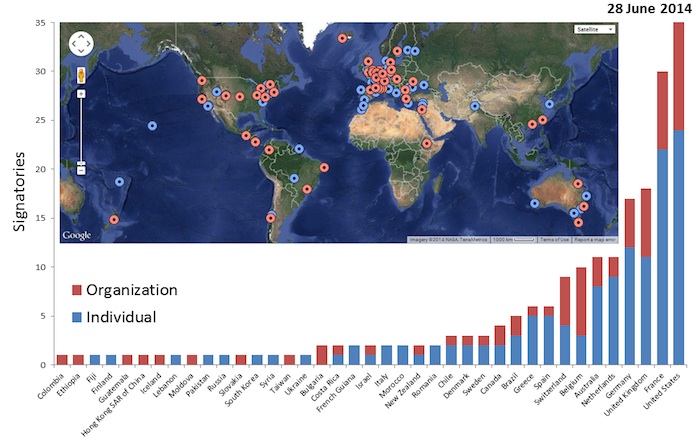
Bouchout Signatories. Image by Plazi released under a CC0 Public Domain Dedication
Most of the world’s biodiversity is in developing countries, and ironically, most of biodiversity information and collections are in developed countries. Agosti calls this, “Biopiracy: taking biodiversity material from the developing world for profit, without sharing benefit or providing the people who live there with access to this crucial information.” (Agosti, D. 2006. Biodiversity data are out of local taxonomists’ reach. Nature 439, 392) Opening up the data will benefit the developing counties by giving them free and easy access to information about their own biological riches. Friction-free access to and reuse of data, software and APIs is essential to answering pressing questions about biodiversity and furthering the move to better understanding and stewarding our planet and its resources. Signing the Bouchout Declaration strengthens this movement.
